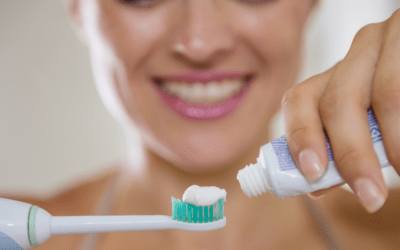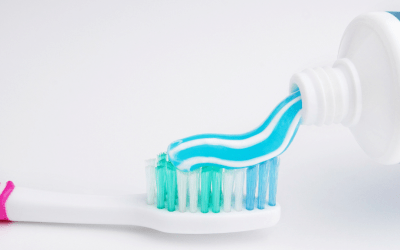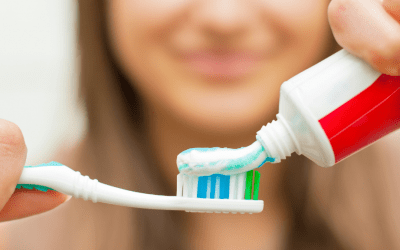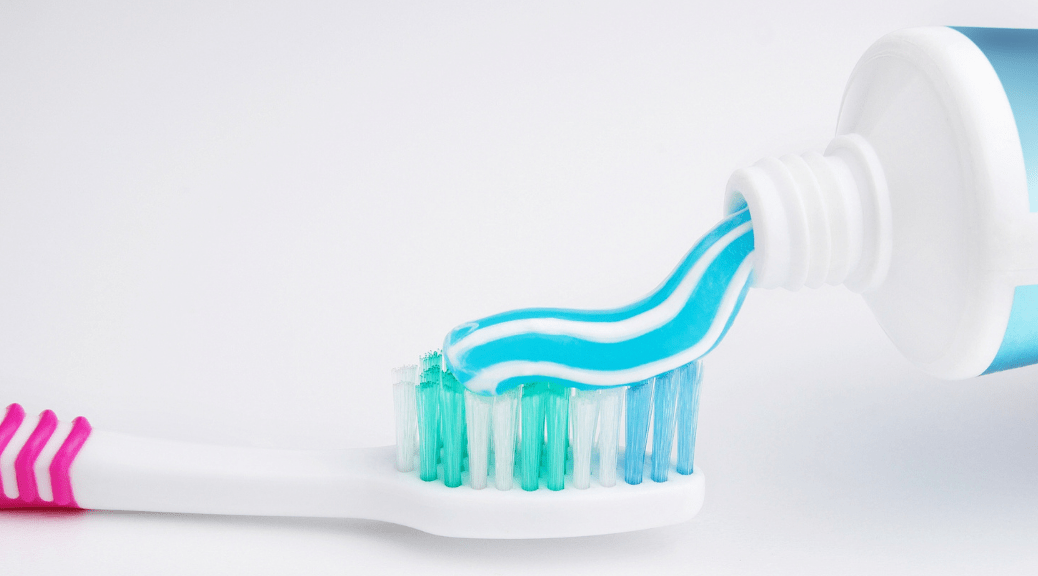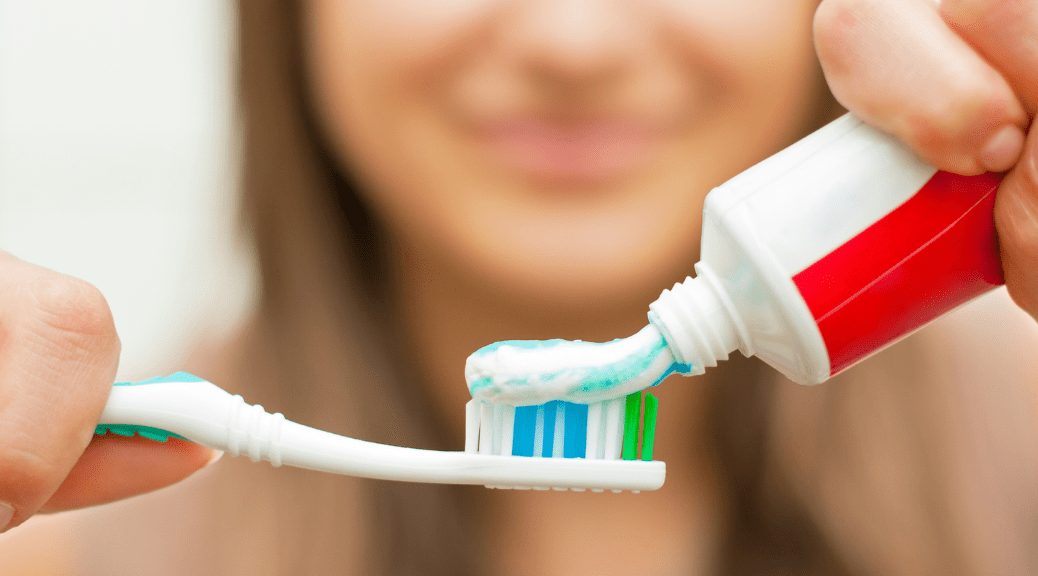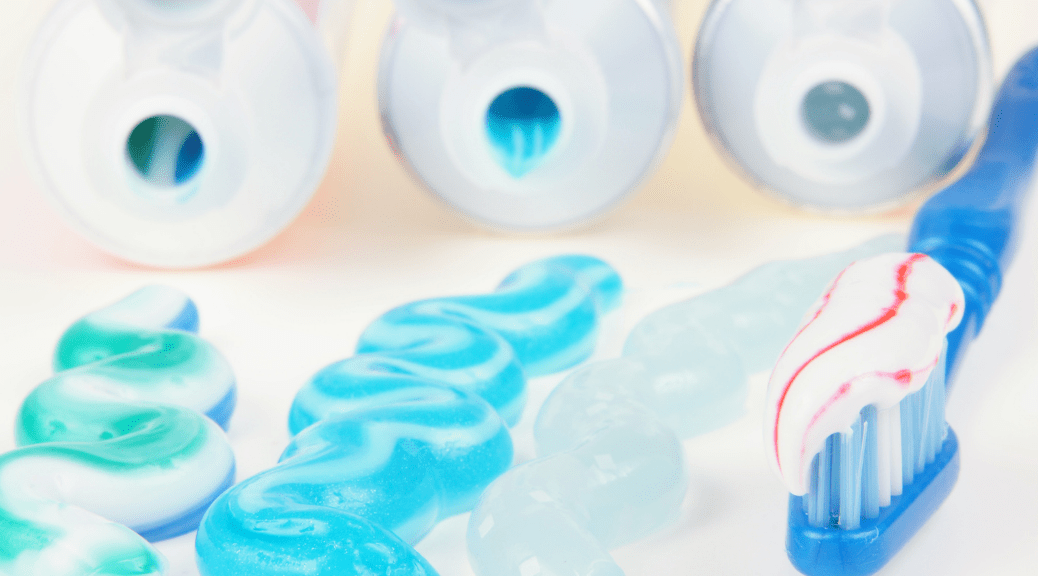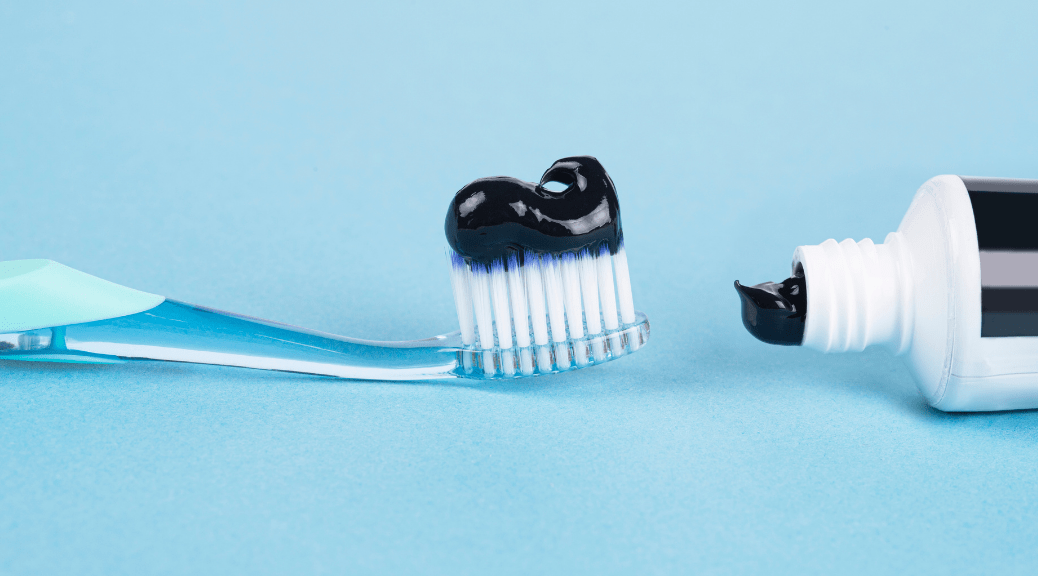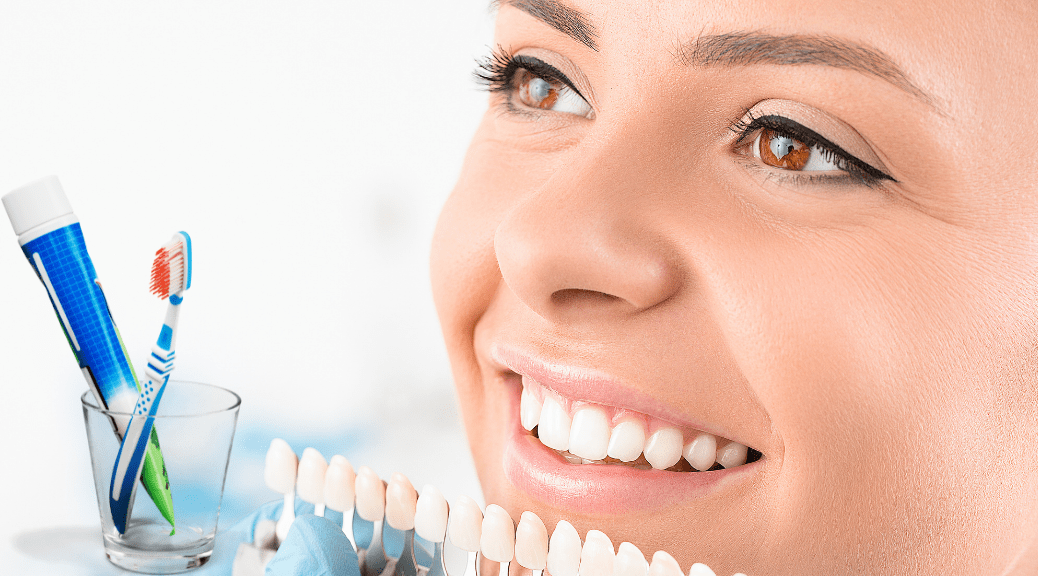These toothpastes are safeWe tested the eight brands on parameters such as presence of nicotine and heavy metals, microbiological contamination,...
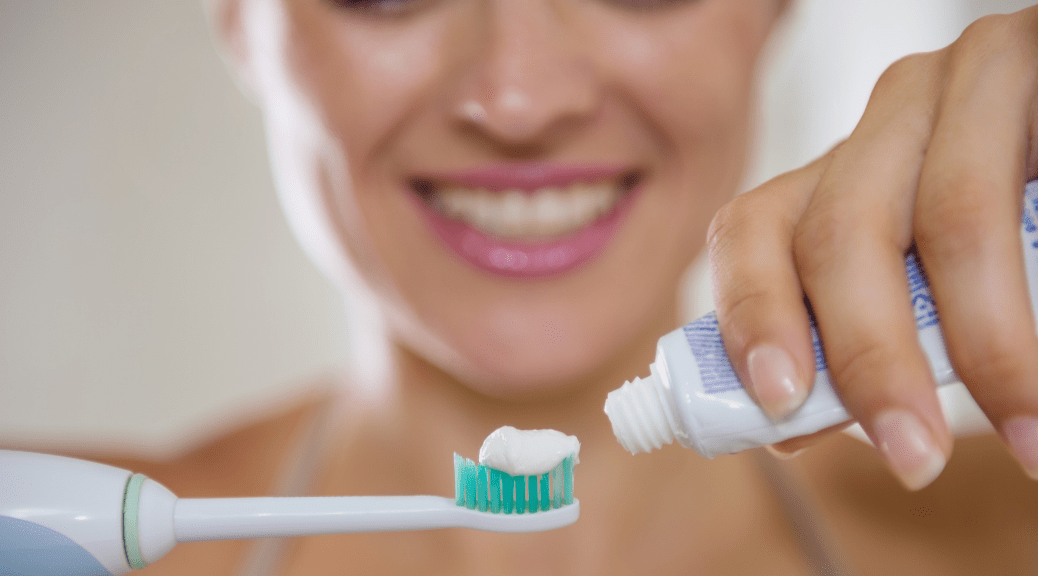
Which is the Safest Toothpaste
These toothpastes are safe

We tested the eight brands on parameters such as presence of nicotine and heavy metals, microbiological contamination, fluoride ion, fineness, foaming power, dispensing, inertness, gritty matter, pH and stability.
The samples were tested as per specifications in Indian Standard 6356 –2001, with amendments that cover non-fluoride/fluoridated type of toothpastes. The tests were conducted at an NABL-accredited laboratory.
Rank Total Score out of 100
(rounded off)Brand Variant Type Quantity (gm) MRP (Rs) Price per 100 gm Best before
(months)Manufac- tured/Mar- keted by
Fluoridated
1 97 Colgate Strong teeth Fluoridated 800 (buy 3,
get 1 free)
264 44.00 23 Colgate Palmolive Ltd
1 97 Closeup Ever fresh Foaming, fluoridated 150+150 144 48.00 24 HUL Ltd
2 94 Pepsodent Cavity protection Foaming, fluoridated 150+150
(toothbrush worth Rs 30 free)
118 39.33 24 HUL Ltd
2 94 Sensodyne Fresh mint (for sensi- tive teeth) Foaming, fluori- dated 150 160 106.0 24 GSK Asia Pvt.
Ltd
3 92 Himalaya Complete care Foaming, fluoridated 150 76 50.66 36 Himalaya Drugs Co.
Non-Fluoridated
1 97 Meswak Complete oral care Foaming, non-fluoridated 200 96 48.00 24 Dabur India Ltd
2 95 Babool Cavity protection Foaming, non-fluoridated 175+175
(two tooth- brushes worth Rs 30 free)
88 25.14 24 Dabur India Ltd
3 93 Himalaya Sparkling white Non-fluoridated 150+150+80
free170 56.66 36 Himalaya Drugs Co.
Score Rating: >90: very good*****, 71–90: good****, 51–70: fair***, 31–50: average**, up to
30: poor*
CV Recommendations|Top Performers
Fluoridated
Colgate | Closeup
Non-Fluoridated
Meswak
Value For Money
Fluoridated
Pepsodent
Non-Fluoridated
Babool
TEST RESULTS
FOR PHYSICOCHEMICAL PARAMETERS
Nicotine | Heavy Metals | Microbiological Contamination | Fineness | Fluoride Ion | Stability | Foaming Power | pH | Dispensing | Inertness | Gritty Matter
Nicotine
There may be tooth paste having tobacco which contains nicotine. Nicotine use in dentifrices can have harmful effects and is an addictive. We have tested for presence of nicotine in Tooth Pastes.
- None of the brands was found to have nicotine.
Heavy metals
Presence of heavy metals above the maximum permissible limit as per the Indian Standard can be harmful. All the brands were tested for lead and arsenic. For both fluoridated and non-fluoridated toothpastes, the maximum permissible limit for lead is 20 ppm and for arsenic it is 2 ppm.
- All brands were within the specified limit for the heavy metals lead and arsenic. Traces of these metals were found in Babool, Sensodyne and Meswak but these remained below the maximum limits.
Fluoride ion
The national standard has specified 1,000 ppm as the maximum limit for fluoride ion in fluoridated toothpastes and 50 ppm in non-fluoridated toothpastes.
- All the brands of fluoridated as well as non- fluoridated toothpastes met the specified
- Colgate and Closeup scored highest on this
Fineness (particles retained on sieve)
Fineness of the toothpaste was checked on two sieves of 150 and 75 microns.
- All the brands were within the specified limit.
Stability
The toothpaste shall not show any physical sign of deterioration during normal conditions of storage and use.
- All brands fulfilled the required
Foaming Power
Foaming is required to be a minimum 50 ml in
toothpastes as per the relevant Indian Standard.
- Foam in all the brands was above the minimum requirement of 50 ml. Pepsodent (190 ml) generated the highest foam height, followed closely by Colgate (188 ml).
Dispensing
The paste shall extrude from the collapsible tube or any other suitable container in the form of continuous mass with the application of normal force. It shall be possible to extrude bulk of the contents from the container or the tube starting from the crimped end, by rolling the tube gradually.
- All brands performed as required.
pH
pH value of toothpastes is required to be in the 5.5–10.5 range. As the toothpaste comes directly inside the mouth, its pH should be neutral or nearer to neutral.
- While all the brands were within the permissible range, only a few were nearer to the neutral value of 7.
Gritty Matter
A small quantity of the toothpaste is rubbed across butter paper, which is then checked for coarse particles or scratches. This test is done to check for presence of solid particles in the toothpaste.
- All brands passed the test
| Fluoridated | Non-Fluoridated | ||||||||
|---|---|---|---|---|---|---|---|---|---|
| Parameter | Weightage (%) | Colgate | Closeup | Pepsodent | Sensodyne | Himalaya Complete Care | Meswak | Babool | Himalaya Sparkling White |
| Nicotine | 10 | 10 | 10 | 10 | 10 | 10 | 10 | 10 | 10 |
| Heavy metals | 10 | 10 | 10 | 10 | 8.70 | 10 | 9.60 | 8 | 10 |
| Microbiological contamination | 10 | 10 | 10 | 10 | 10 | 10 | 10 | 10 | |
| Fineness | 10 | 10 | 10 | 10 | 10 | 10 | 10 | 10 | 10 |
| Fluoride ion | 10 | 9.76 | 9.87 | 7.06 | 8.33 | 7.19 | 9.65 | 9.82 | 7.16 |
| Stability | 10 | 10 | 10 | 10 | 10 | 10 | 10 | 10 | 10 |
| Foaming Power | 8 | 7.42 | 7.04 | 7.52 | 6.56 | 5.98 | 7.04 | 7.33 | 6.56 |
| pH | 8 | 6.03 | 6.18 | 5.68 | 6.64 | 5.22 | 6.64 | 6.50 | 5.11 |
| Dispensing | 5 | 5 | 5 | 5 | 5 | 5 | 5 | 5 | 5 |
| Gritty matter | 4 | 4 | 4 | 4 | 4 | 4 | 4 | 4 | 4 |
For General Qualities
Marking/Labelling
Each pack should feature the following details about the product:
- Name and type of toothpaste
- Name and address of manufacturer/marketer
- Net mass or volume of material in tube
- Batch number
- Month and year of manufacturing
- Expiry date or ‘best before’
- Fluoride ion content in ppm on fluoridated toothpaste
- Foaming/Non-foaming
- List of key ingredients
- Green dot for vegetarian status
- MRP
- All brands have the required
- Meswak and Babool do not provide directions for use.
Packing
The toothpaste shall be packed in a collapsible tube from which the paste can be easily extracted. The tube should also be of food-grade quality as the product is in direct contact with the packing material.
- All brands were in collapsible tubes and packed in printed cardboard boxes.
Net Weight
Net weight should not be less than the declared quantity and shall be within the permitted limits of Legal Metrology Rules. Permissible error for 50–100 gm is 4.5 gm and for 100–200 gm it is 4.5 per cent of the quantity declared.
Net weight in all the brands is either as per declaration as or higher than the declared value.
Key Findings
- Based on the overall test findings, Colgate and Closeup are the top performers in fluoridated category and in non-fluoridated category it is
- The value-for-money brands are Pepsodent in fluoridated category and Babool in non- fluoridated
- All brands fulfilled all requirements specified in Indian Standard.
- All brands performed well on quality parameters such as pH, fluoride ion, fineness, stability, dispensing and inertness.
- Nicotine was not found in any of the tested brands.
- Pepsodent was found to have the highest foaming power.
- All brands passed in the microbiological and heavy metal tests.
Which is the Safest Toothpaste
Is your toothpaste healthy? Do you know the harmful ingredients toothpaste can have?
Is your toothpaste healthy? Do you know the harmful ingredients toothpaste can have?Have you ever wondered what the ingredients of your toothpaste...
Medicated Toothpastes – Pros and Cons
Medicated Toothpastes – Pros and Cons With time, medical science innovations are increasing at a rapid pace. One of the innovations of medical...

